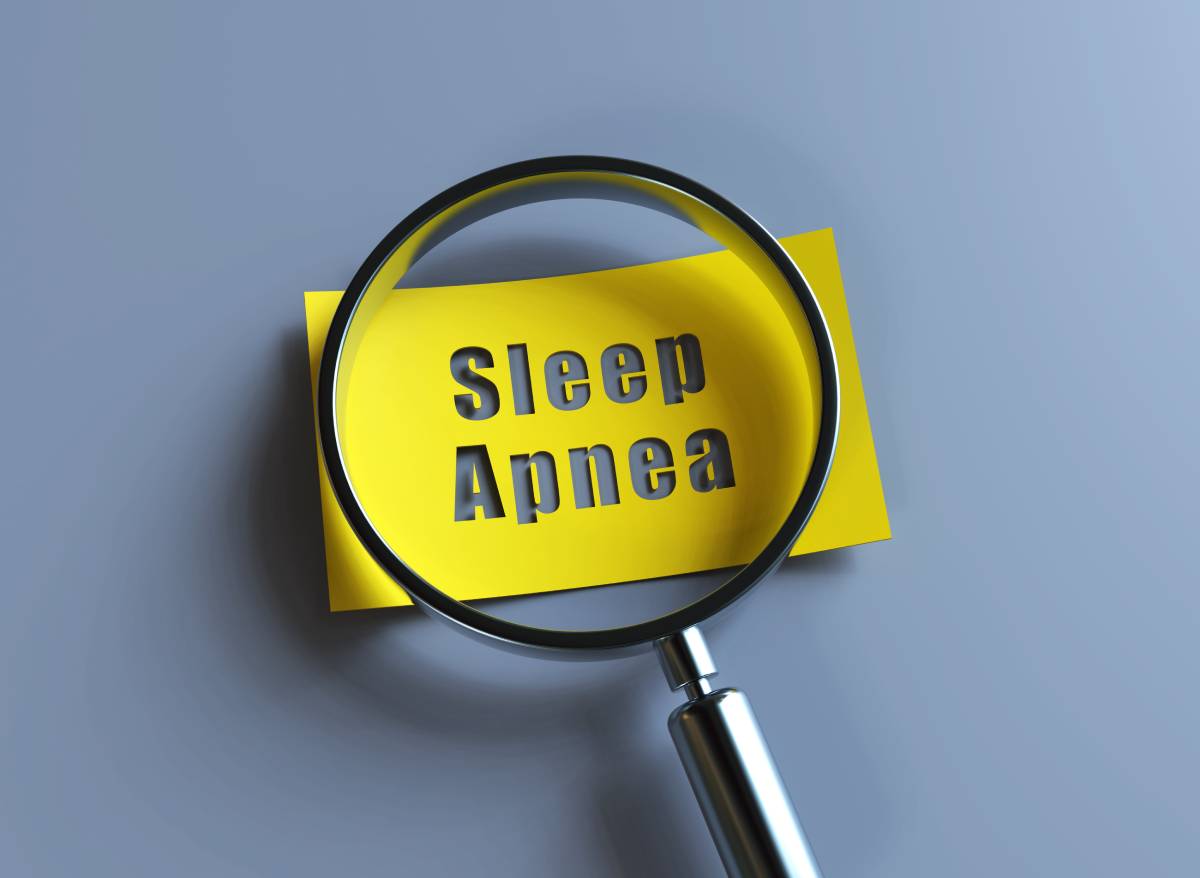Sleep apnea is a sleep disorder characterized by repeated interruptions in breathing during sleep. The most common form, obstructive sleep apnea, occurs when the throat muscles relax excessively, causing airway blockages. Central sleep apnea, on the other hand, results from the brain failing to send the correct signals to the muscles responsible for breathing 1. While lifestyle changes and devices like continuous positive airway pressure (CPAP) machines are the primary treatments for sleep apnea, medication is an important additional approach for therapeutic relief.
Although medication has not been a first-line treatment for sleep apnea, some medications may be prescribed in specific cases. These medications include respiratory stimulants and drugs that help manage underlying conditions that contribute to apnea episodes. However, pharmaceutical research continues to seek an effective and reliable medication that can directly treat sleep apnea.
For patients with central sleep apnea, acetazolamide is sometimes prescribed. Acetazolamide helps stimulate breathing by increasing carbon dioxide levels in the blood. It is particularly beneficial for patients who experience sleep apnea at high altitudes or those whose central apnea is linked to other health conditions such as heart failure 2,3. Another emerging medication for central sleep apnea is solriamfetol, which acts similarly to modafinil by increasing alertness. This medication can help improve wakefulness, but again, it does not directly address the underlying apnea 4,5.
In some cases, sleep apnea is worsened by other health conditions such as nasal congestion, obesity, or opioid use. Decongestants or nasal corticosteroids like fluticasone can be prescribed to reduce nasal swelling and improve airflow. For individuals with obesity-related apnea, weight-loss medications such as orlistat may be recommended alongside lifestyle modifications. Patients who suffer from opioid-induced apnea may be given medications like naloxone to counteract opioid effects 6-9.
While medications can help manage symptoms of sleep apnea, they are not a cure. The primary and most effective treatment remains CPAP therapy, which physically keeps the airway open during sleep 10. Furthermore, some medications used for sleep apnea may have side effects such as headaches, nausea, or an increased heart rate. Patients should discuss the potential risks and benefits with their healthcare provider before beginning to take any medication.
Overall, while medication can play a role in symptom management, it is not a substitute for proven therapies like CPAP, oral appliances, or lifestyle changes. A comprehensive treatment plan, often involving a combination of approaches, is the best way to manage sleep apnea effectively.
References
1. Sleep Apnea: What Is It? Cleveland Clinic https://my.clevelandclinic.org/health/diseases/8718-sleep-apnea.
2. Brown, L. K. Acetazolamide for central sleep apnea: teaching an old drug new tricks? Journal of Clinical Sleep Medicine 17, 1153–1155. DOI: 10.5664/jcsm.9306
3. Schmickl, C. N. et al. Acetazolamide for OSA and Central Sleep Apnea: A Comprehensive Systematic Review and Meta-Analysis. Chest 158, 2632–2645 (2020). DOI: 10.1016/j.chest.2020.06.078
4. Sunosi (solriamfetol): Uses, Side Effects, Interactions, Pictures, Warnings & Dosing – WebMD. https://www.webmd.com/drugs/2/drug-177102/sunosi-oral/details.
5. Schweitzer, P. K. et al. Solriamfetol for Excessive Sleepiness in Obstructive Sleep Apnea (TONES 3). A Randomized Controlled Trial. Am J Respir Crit Care Med 199, 1421–1431 (2019). DOI: 10.1164/rccm.201806-1100OC
6. Atkinson, R. L., Suratt, P. M., Wilhoit, S. C. & Recant, L. Naloxone improves sleep apnea in obese humans. Int J Obes 9, 233–239 (1985).
7. Kiely, J., Nolan, P. & McNicholas, W. Intranasal corticosteroid therapy for obstructive sleep apnoea in patients with co-existing rhinitis. Thorax 59, 50–55 (2004).
8. Tam, Y.-Y., Shao, I.-H., Wu, C.-C. & Hsieh, M.-L. The impact of intranasal fluticasone on patients with obstructive sleep apnea: a prospective study. Braz J Otorhinolaryngol 87, 152–156 (2019). DOI: 10.1016/j.bjorl.2019.07.007
9. Cowan, D. C. & Livingston, E. Obstructive Sleep Apnoea Syndrome and Weight Loss: Review. Sleep Disord 2012, 163296 (2012). DOI: 10.1155/2012/163296
10. Do CPAP Machines Really Work? Cleveland Clinic https://my.clevelandclinic.org/health/treatments/22043-cpap-machine.
